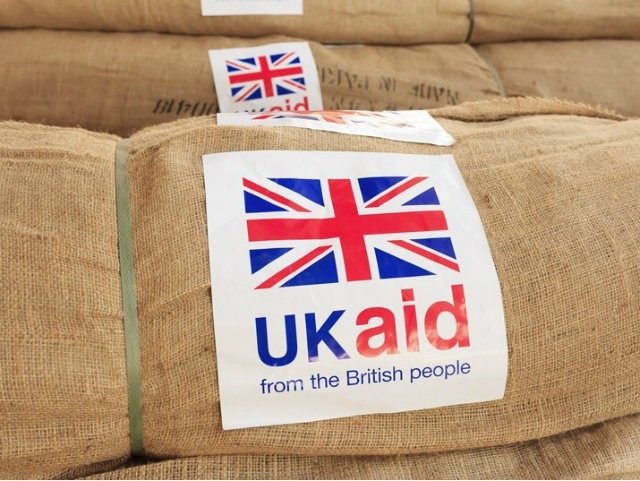A report by the National Audit Office has shown that millions of pounds from the government’s international aid budget was spent on last-minute projects in order to spend the multi-million pound budget.
In 2013 the UK provided £11.5 billion in overseas aid, equal to around 0.7 per cent of Gross National Income (GNI) which the United Nations has set as a a target for developed countries.
Currently, the UK is one of only four countries who have met that target.
But the reason for the lower levels of spending cannot just be put down to austerity or a lack of compassion by other countries, since the report admits that to achieve the necessary spend, “the Department had to quickly add some activities to its 2013 plans but delay others set for 2014” which in addition made it “more difficult to achieve value for money.”
The report states that the Department added activities at short notice in 2013 due to a realisation in the early part of the financial year that the amount which was given for overseas aid in 2013 was ‘unlikely to be met from its planned programme’. Consequently, civil servants had to look around for other projects in order to increase its 2013 expenditure.
And it admitted that because of the farce surrounding the hurried granting of money and search for projects to give tax payers money to, ‘It may therefore have missed opportunities to get the best outcomes from this spending.’
In November and December of that year alone, they had to spend more than £3.7billlion in a last ditch attempt to meet the target – which worked out at around £60 million a day.
The authors of the report said: “The need to hit a hard calendar year spending target could increase the risk of staff feeling pressure at year end to payments which are in advance of need.
“The reasons for such payments should be properly documented and authorised. If payments are in advance of need, they are irregular and contrary to HM Treasury rules.”
The same problem occurred in 2014, with a rush to spend £12 billion by the end of the year as the economy grew faster than expected.
This is despite a billion pound black hole in the NHS budget which politicians and senior NHS staff have not managed to deal with and the country still running a budget deficit and adding to its trillion pound national debt, whose interest payments rise with every passing day.
A DFID spokesman told the Daily Mail, “In 2013 the UK became the first G7 country to meet the UN target to spend 0.7 per cent of GNI on ODA.
“Investing in overseas development is creating a world that is healthier, more stable and increasingly prosperous and that is something Britain can be proud of. UK aid goes only where it is most needed and where it will deliver the very best results for taxpayers’ money.”

COMMENTS
Please let us know if you're having issues with commenting.